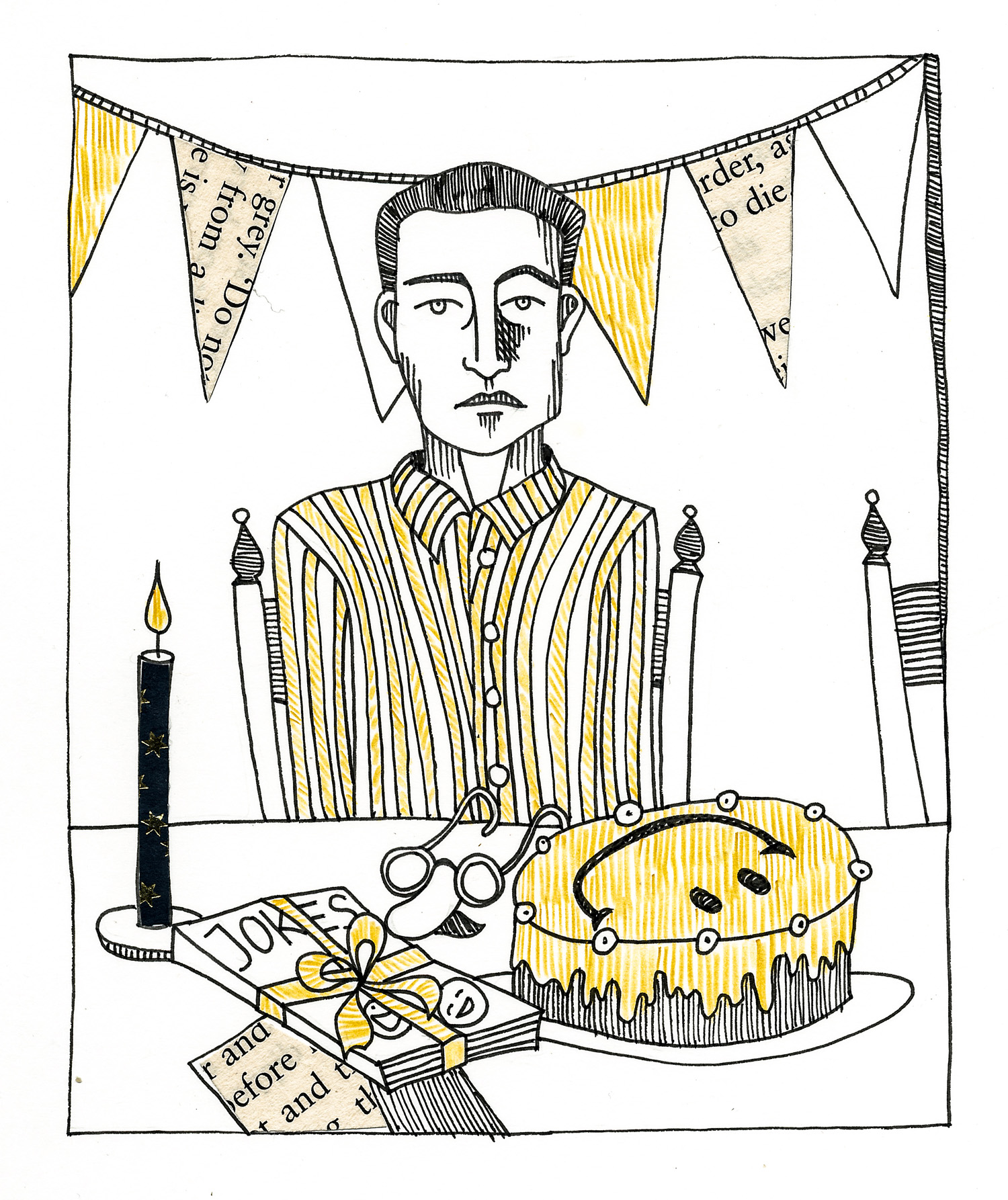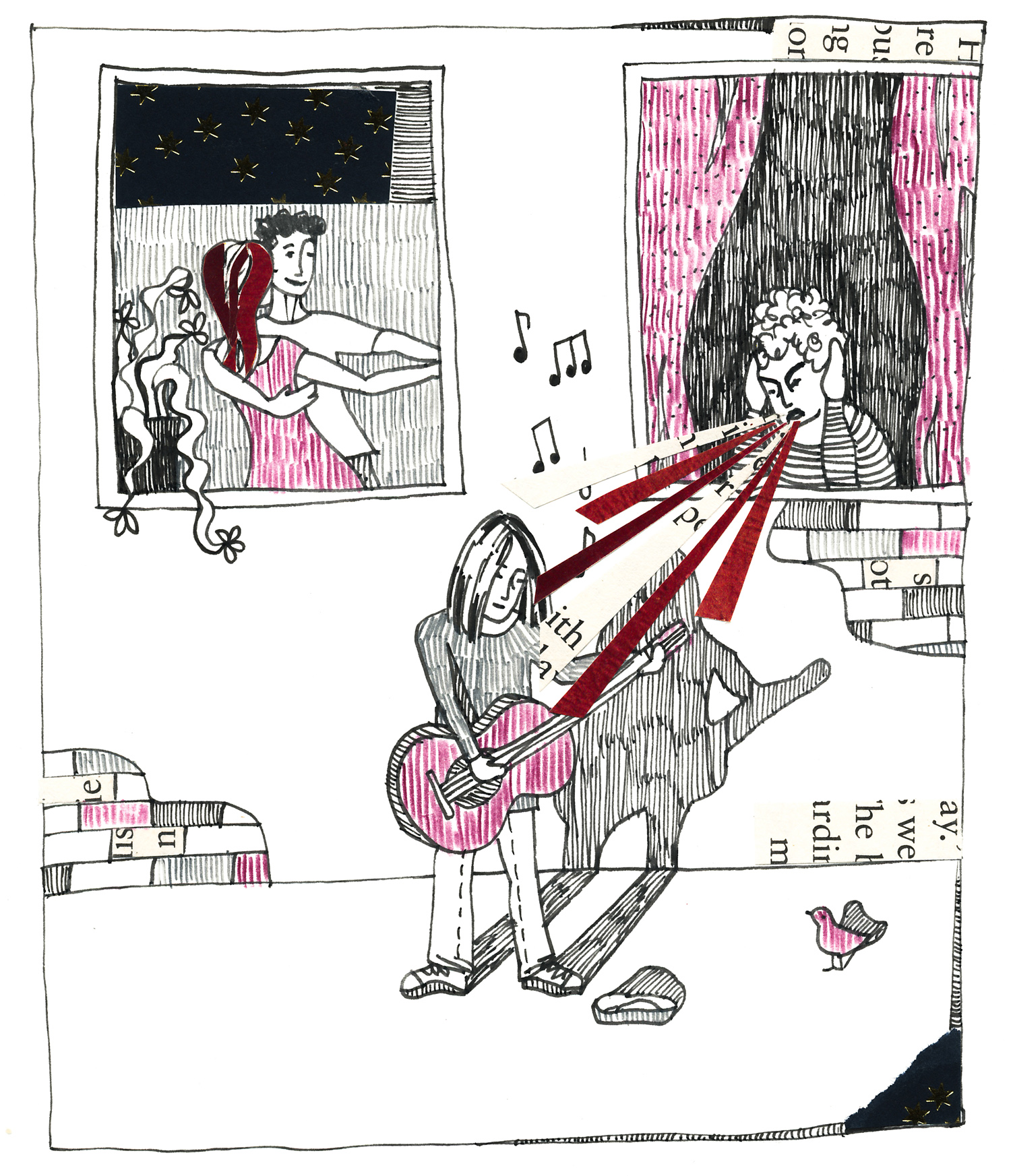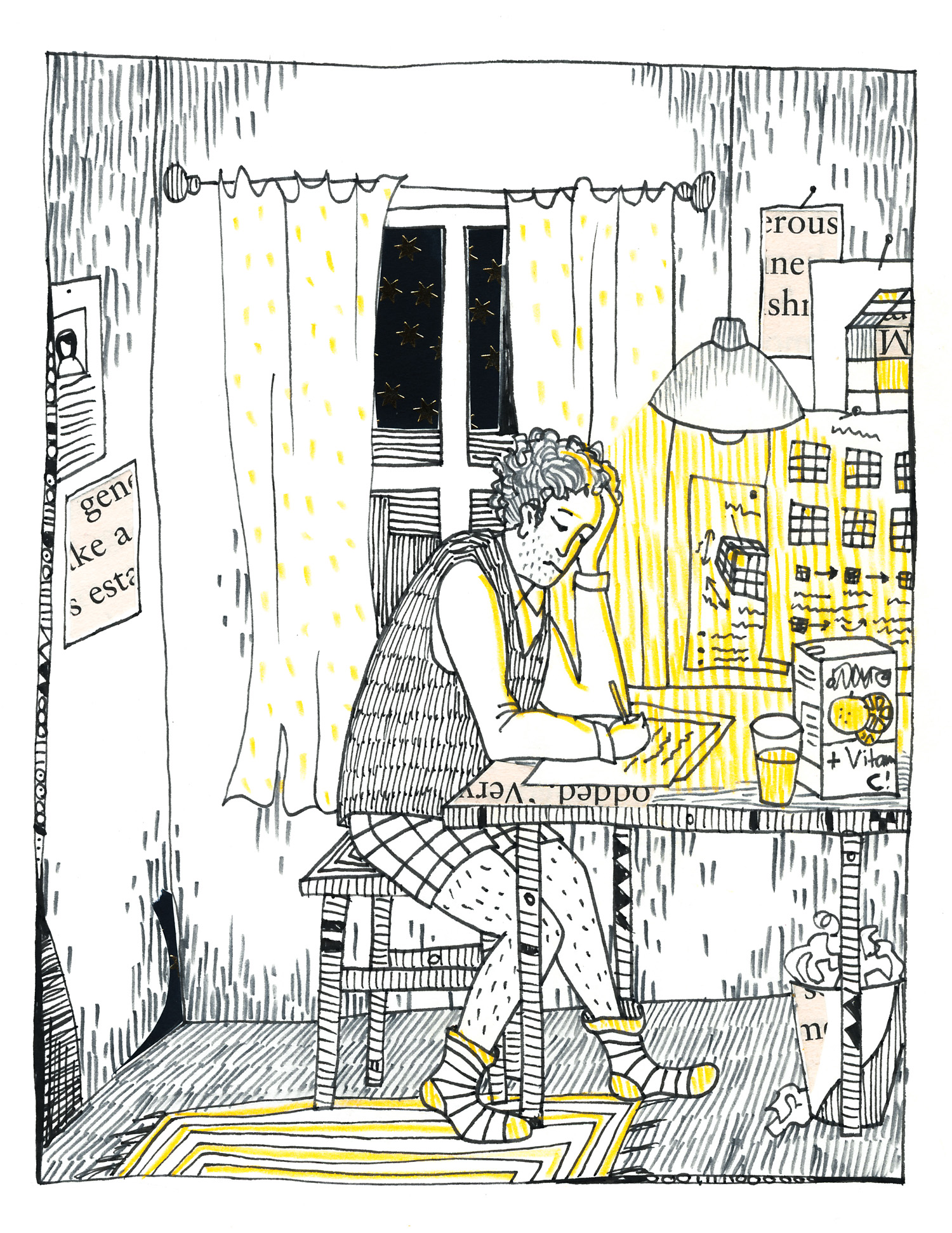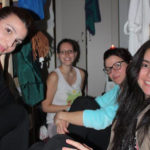In Europe, so many different countries and cultures are packed together that it is hard to imagine everyone getting along. And yet, we do. Sort of. Well, some teasing and quarrels happen even in the best families. But what we should never forget is that this diversity is also our biggest asset. Nine young people from different parts of Europe have told us about what they feel the people in their country could learn from others in Europe, and also how they think their country could serve as an example for the community in other ways.
Ignacio, Spain
What can people from your country learn from others in Europe?
I think that we Spaniards could learn to encourage more civilised behaviour in our towns and cities from other Europeans. I think it’s sad that, when travelling around Europe, we often find it surprising how other citizens follow their rules of coexistence. Rules which make their neighbourhood into a clean and tidy area, where public property is respected; and that, when coming back to Spain, we continue to apply the selfish philosophy of not respecting what does not give us immediate personal benefit.
What can your country teach others?
I think that the people that travel and spend some time in Spain can learn to be spontaneous and have a sense of humour (black humour in many cases) from our people. We Spaniards have the capacity to laugh at ourselves and at a lot of difficult situations, making it easier to deal with problems. We are also able to have a good time with improvised or last minute plans, finding joy in fewer things, without caring about the “how” but the “with whom”.
Volha, Belarus

What can people from your country learn from others in Europe?
Belarusians are smart, however they need more creativity and spontaneity in their everyday life. These things can be learned from developing contacts and friendships with Europeans. Being funny and making fun of yourself is something that does not come easy to Belarusians. However, I believe that the sense of humour only adds value to a person’s intelligence, while seriousness can sometimes be deceptive. We really could learn humour, wit and irony from other Europeans, and apply them in all the spheres of social life.
What can your country teach others?
Belarusians can certainly be admired for their tolerance. They are extremely open-minded people, curious to learn about other cultures. National egocentrism and the idea of superiority over other countries is an extremely rare phenomenon for Belarus. Belarusians could also teach Europeans to appreciate their own cultures more, as many of us are real “fans” of some European countries. Belarusians would always find something positive to be excited about in a European country, (rich cultural heritage, ultramodern technology, lifestyle, food, etc.) while many Europeans see it as normal and often even forget about the precious achievements of their nations.
Laura, Italy
What can people from your country learn from others in Europe?
I think that Italian people should learn how to be more open-minded. We are very fond of our culture and our traditions, and that is usually a good thing, but sometimes it prevents us from seeing how other countries have developed a way doing things that the Italian population has rejected (such as stepchild adoption for homosexual couples) or at least is afraid of. This makes us seem old-fashioned or even bigoted, but if we just looked to other European countries we would realise that we need to be more modern.
What can your country teach others?
Italian people are famous for their ability to manage every situation. Even if we don’t have the means to achieve what we need, or want, we always find a way to get it. We are very friendly with strangers and we always try to make people feel at ease.
Anniina, Finland
What can people from your country learn from others in Europe?
I think that Finnish people could sometimes be a bit more accepting and open-minded, especially the older generation. Finns are kind and good at heart but they can be a bit ignorant as well as Finland is a small country. Travelling and getting to know other European people can be eye-opening and teach people a lot of important things about the differences we have but also how similar we all are in the end.
What can your country teach others?
Finnish people are usually very honest and respectful of other people. They don’t intrude in others’ personal spaces and do not engage in small talk for no reason, while in many cultures it would be considered impolite. In the UK for example it is common for even cashiers in shops to ask how you are doing, which is a kind thing to do, but sometimes feels a bit pointless because the answer does not really matter to them anyway. In Finland people are naturally nice to each other but not falsely polite either.
Anja, Germany

What can people from your country learn from others in Europe?
I think Germans sometimes don’t appreciate the good things enough and complain a lot. We should be happier with what we have and not always strive for more. For example, some Germans complain a lot about noise, but Germany is already one of the quietest countries on earth. I also think Germans should be less nosy about what other people are doing, and in turn should also care less about what others think and say about them. This ‘What-would-the-neighbours-think?’ attitude is still quite common, especially in smaller communities.
What can your country teach others?
In Europe many countries have a troubled past. Still, in many cases parts of their history are denied, not discussed openly, or are glorified, which I think is wrong. Germany has come a long way in the processing of its past and educating about it. I think other countries could learn from us how to confront and reflect upon their past, and therefore learn from it.
Sephora, Malta
What can people from your country learn from others in Europe?
To be more compassionate, more tolerant. Unfortunately, I think that Maltese people tend to be closed-minded. Once a thought pops into our brain, it is hard to change it, to amend it. And the sad part is that usually, this tradition and this belief are passed on from one generation to the other, causing a chain reaction. I also wish we’d be prouder of our country and its accomplishments. The Maltese tend to look down on Malta; our language, our traditions, our history, our lifestyle, and this reflects in the way we speak about our country. I am always amazed by the positive comments I hear from foreigners about their time in Malta, which always get me wondering why we do not appreciate it as much.
What can your country teach others?
If there’s one thing us Maltese are good at, it’s being friendly. Countless are the times when I’ve witnessed people helping each other out, be it helping fellow Maltese people or foreigners. This is an advantage of being such a small country and living in smaller communities I guess. People are more likely to know one another somehow, people are more trustworthy. Our lifestyle is more relaxed, slow-paced. People don’t rush around from one place to the other without even blinking an eye at the person sitting next to them on the bus, or walking past them on the street. People greet each other, smile at each other. This, perhaps, is our most admirable trait.
Sarah, United Kingdom
What can people from your country learn from others in Europe?
In Britain we could definitely learn to be more forward thinking from other more innovative countries in Europe. We tend to have a lingering focus on the past, especially concerning the two World Wars, and this still informs how we talk about politics and international relations today. Our attitudes to diet and health are lacking too, and we could look to the more moderate countries like France – where for instance ‘binge-drinking’ is not a cultural phenomenon – and learn from them.
What can your country teach others?
We are quite doggedly polite in the UK, but at the same time we can be completely irreverent, particularly in the public sphere. That goes for politics, the monarchy, religion, everything. I think this kind of humorous tackling of serious concepts and institutions is a good and healthy model we could share with other people.
Anna, Hungary

What can people from your country learn from others in Europe?
Maybe we could learn from other countries to be less egoistic. A lot of Hungarians tend to think that we are the centre of Europe, the centre of the world even, and that we suffered a lot during our history but of course we didn’t commit any sins. They call Hungary’s biggest lake a sea, and its hills mountains. There are theories that Hungarian is the oldest language of the world and some people even believe that Jesus Christ was Hungarian. We could also learn to separate politics more from private life. (Today’s politics have such a big presence in the everyday life to the extent that it can divide friends and families with different political views.)
What can your country teach others?
Hungarians are creative, we have a lot of famous inventions, such as the Rubik’s cube, the ballpoint pen, the safety match, Vitamin C, the electric transformer, holography or Prezi. We are spontaneous, and can find a creative solution in an unexpected situation, create great things out of only a few materials. Hungarians are emotional, they have a good sense of humour, they make a lot of language jokes, they like guests and let them drink home-made pálinka, and they can also work hard and well. And Hungarians are very polite: men always let women to pass a door first, and if we see an elderly person getting on the tram, we immediately give them our seat.
Veronika, Slovakia
What can people from your country learn from others in Europe?
The first and perhaps the strongest thought that comes to my mind when contemplating what we can learn from other European countries is definitely appreciation. Appreciation of all the great things we have – our culture, traditions and beautiful nature among other things. Sometimes I feel the Slovaks are too skeptical and tend to adopt a negative point of view. We zero in on everything that is wrong and doesn’t work rather than enjoy and appreciate what’s good.
What can your country teach others?
What I’ve found out about our people recently is that we are quite diligent and industrious while being silently stubborn. These are some of the features that we can present to other European countries. When we set our mind to a certain goal, we are willing to work hard for it, learn new things, even travel to the end of world to get it.





Recent Comments